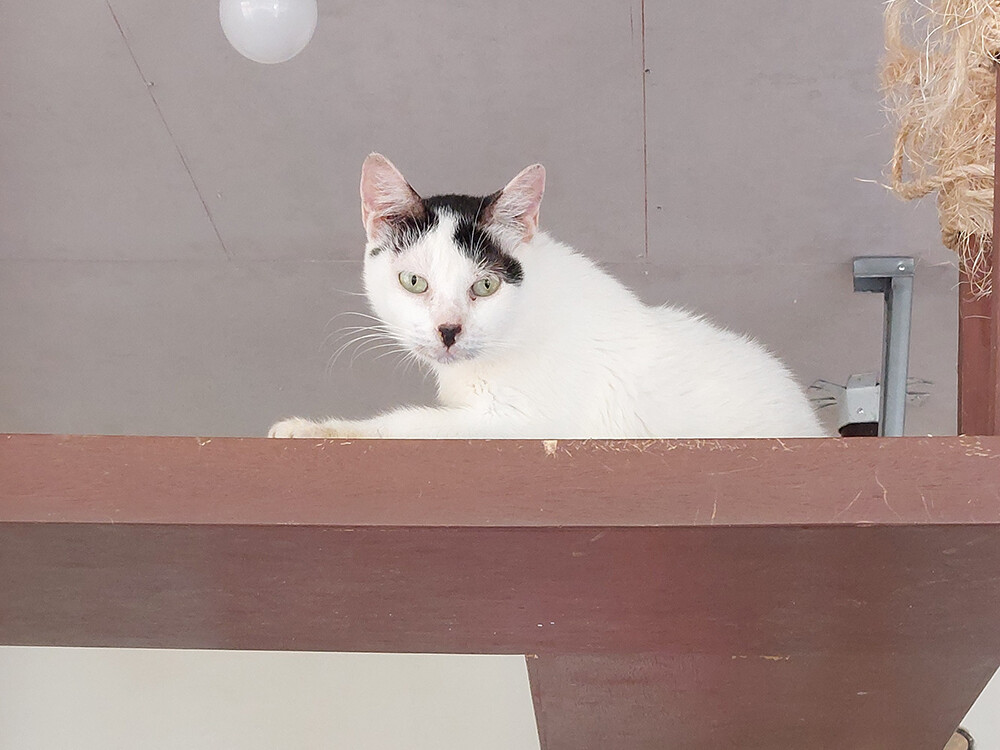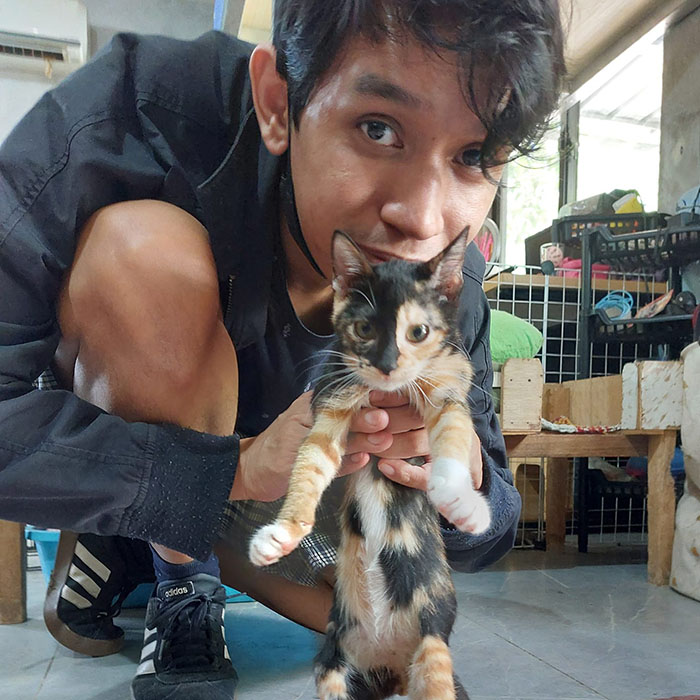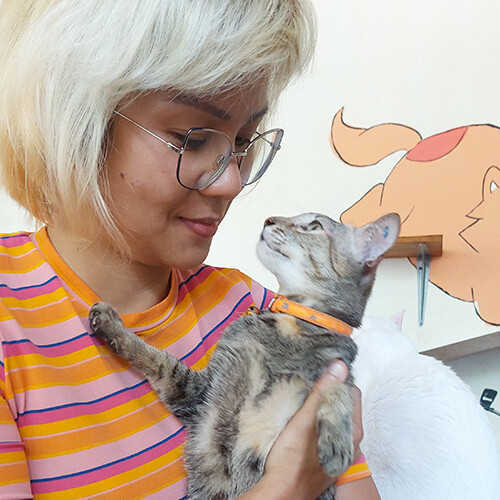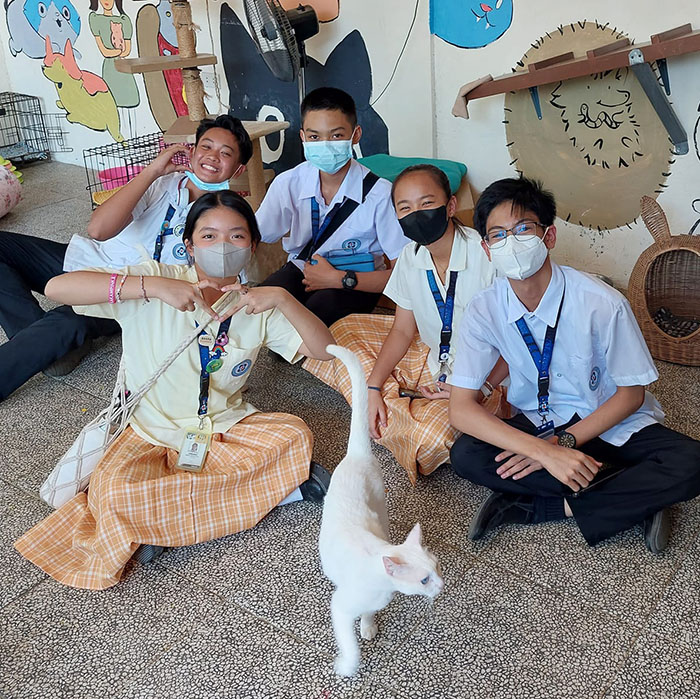Once your cat hits a certain age, regular physical check-ups and laboratory tests become essential. These might be costly, but they offer preventive measures in caring for our senior cats. In some cases, they even help prolong their lives, allowing them to have many more happy years in our company.
Sometimes however, these tests turn up undesirable results, the most common being Chronic Kidney Disease, often referred to as CKD.
What is Chronic Kidney Disease or CKD?
Chronic kidney disease (CKD) is when the kidneys have sustained long-term, permanent damage, reducing their capacity to operate correctly and eliminate waste material from the bloodstream. In your cat’s laboratory exams (typically, the “comprehensive” or “blood chem” exams offered by most vets), this is seen in the elevated Crea or Creatinine levels.
Aside from releasing waste materials, the kidneys are also essential for maintaining fluid balance in the body, generating hormones, and regulating various electrolytes through urine. These systems may be compromised in CKD, resulting in multiple symptoms, like dehydration, anemia, appetite and weight loss, and bad breath.
While the underlying causes of the majority of CKD patients are still being investigated, many CKD cases are attributed to trauma, hypokalemia (low blood potassium), and hypercalcemia (high blood calcium), and even congenital abnormalities that impact the kidneys.
CKD occurs more frequently among cats aged seven years and up, with the illness usually progressing and worsening over time, each cat’s deterioration rates are pretty variable. And while CKD cannot be cured or reversed, you may still improve–and hopefully prolong–your cat’s life with the proper care and therapy.
Managing chronic kidney disease in cats
Most of the time, therapy is focused on managing the condition and any consequences it may cause, rather than trying to cure it.
Dehydration can be addressed by monitoring your cat’s water intake and regularly performing “tent tests,” or pinching the back of your cat’s neck to check if the skin snaps back into place easily. If it does, then your cat is all good, but if it doesn’t, your cat needs to rehydrate. Serious cases of dehydration can be addressed with IV fluid therapy, done by your vet, or subcutaneous fluid therapy, which you can administer at home.
Shifting your cat to a renal diet is also crucial towards delaying the progress of this terrible disease, and brands like Royal Canin, Hill’s, and Brit Care are all readily available on the Philippine market. Recipes for home-cooked renal food can also be found online, but please consult your vet before preparing any of them for your cat.
After diagnosing your cat’s CKD, it is just as important to carefully monitor manageable problems like anemia, low potassium, excess phosphorus, UTI, and hypertension through regular testing. Fortunately, supplements and hormone injections are available on the market, but none of these should be given without a vet’s prescription (so we won’t name them here).
What to expect if your cat has CKD
We must reiterate that CKD progresses at a different pace for each cat. Adequate care and therapy may improve the quality of life, and even slow the disease down, but the disease cannot be cured–only managed. And like any disease that has so far proven to be 100% fatal, we must strengthen our hearts by preparing for the worst–especially for the sake of our beloved pets.
While your cat’s CKD treatment is critical and requires a high level of patience and understanding, your cat’s comfort must also be taken into account. This means recognizing when to let go of your cat through humane euthanasia, administered by your vet.
Sometimes the hardest choices we must make also happen to be the most merciful, and this is something we need to keep in mind when caring for our aging, senior, and specially-abled pets. In cases of CKD, sometimes the best we can do for our pet is to choose not to prolong their suffering, and ensure that when they pass, they are in a calm, peaceful, and loving environment.





